The promise of new flavours beckons from Banawe.
COVID-19 & Privilege: ‘I Can’t Travel’ Is A First World Problem
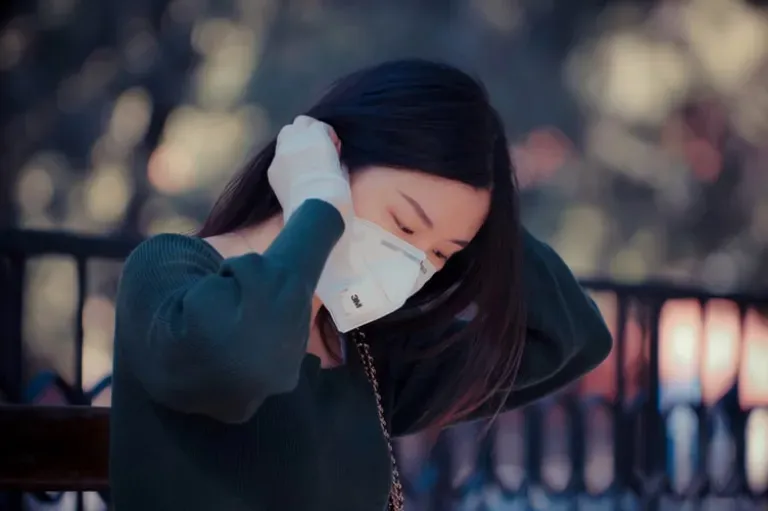
I’ve had the 13th of March 2020 marked on my calendar for a while. That morning, my giddy self had already finished packing my bags for a week-long surf trip. As I was anxious that my trip would get cancelled due to the COVID-19 pandemic, I contacted a local bus line and asked if they were still accepting passengers. And they were. So, I let myself dream on.
For the past few months, this COVID-19 outbreak has caused me a lot of stress. Earlier this year, I already had to cancel a couple of international travel plans because of it. As a means to cheer myself up, I planned a perfect beach trip to my favourite place in the world.
But things didn’t go quite as planned. On the afternoon of March 13, the president went live on television to declare a community quarantine over Metro Manila. And in my mind, that translated to only one thing: One month, no travel. Unpack your bags.
That sunny afternoon, I marched inside my bedroom and bawled my eyes out, complaining unto the heavens — I just want to travel!!!
Also read: Why You Should Self-Quarantine After Travelling Amid the COVID-19 Pandemic
Check your privilege

I am aware that not being able to travel is not the worst thing that could happen to me, especially with this situation. I know that while I’m busy crying over cancelled plans, thousands of Filipinos are worrying about losing their jobs. Some are still heading to work at the risk of getting the virus, because their only other option is starving to death. Other Filipinos are at the mercy of financial support, because their employers have shut their businesses down.
As of writing, thousands of people around the world have died because of the COVID-19 pandemic. Locally, a large number of people aren’t getting treated because of the lack of equipment and manpower in our hospitals. The number of human rights violations has been staggering since the community quarantine was declared. What is happening to the Philippines is no joke.
Romanticising the community quarantine is a luxury, I remember reading as I was aimlessly scrolling through my feed. Worrying about flight delays is a luxury. Crying over cancelled travel goals is a luxury. While most Filipinos are anxious about how to make ends meet at a time where everyone is forced to stay at home, getting to save up for a travel fund is a luxury.
I am privileged — and if you are still able to read this article in the midst of this pandemic, that probably means that you are, too.
Privilege doesn’t have to make you less human
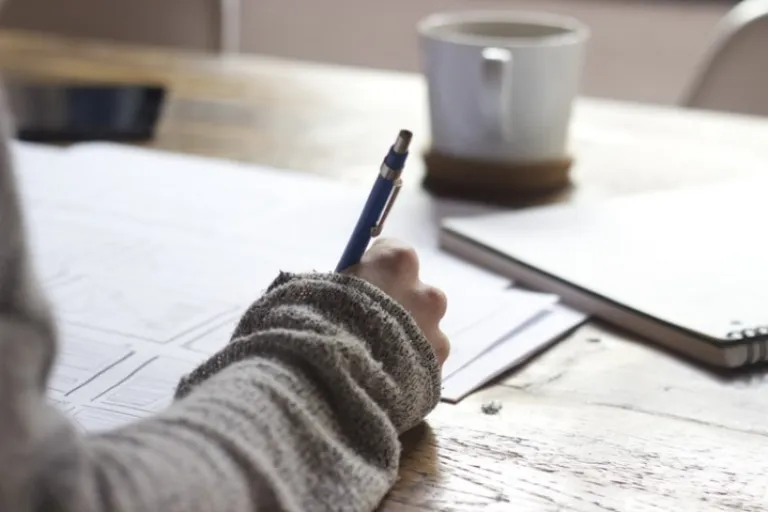
When I first learned that I had to cancel my most-awaited trip, I felt terrible mainly for two reasons: First, I was frustrated that none of my travel plans were taking off. Second, I was ridden with guilt, thinking to myself — How dare you be so selfish? Other people have it worse. You shouldn’t be feeling that way! You should feel blessed!
After a week of quietness and self-talk (read: social media detox), I’ve finally come to my senses. Contrary to popular (and mostly, toxic) beliefs, privilege is not something we have to fight. Whether we like it or not, we all have a certain amount of privilege. But that doesn’t mean we are obliged to deny our emotions.
If a cancelled trip makes you feel sad, it is okay to cry it out. You are not helping anyone by bottling up your emotions. Besides, no one is feeling happy about this COVID-19 situation. No one wanted this to happen. Everyone, privileged or not, is affected. We’re all scared, sad, and frustrated, about many different things, on all various levels. And it’s okay.
It’s okay to feel bad. And it’s okay to do what you can to feel better, too.
Also read: Community Quarantine 101: How To STILL Make Travel Happen
Share your privilege
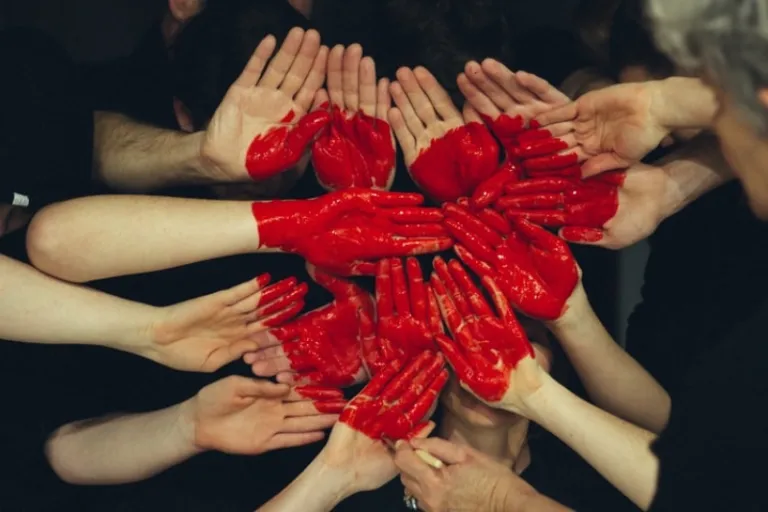
While privilege in itself isn’t wrong, the danger lies in the trap of ignorance. Oftentimes, our privilege blinds us from reality. Guess what? Now is the perfect time to see again. Whether you were born with privilege or made your way to it, it costs nothing to acknowledge your privilege and do something with it.
As travellers, we have the tendency to fall in love with the world while forgetting about its inhabitants. I’ve personally heard several travellers go on and say: “Pera ko ‘to. Walang pakialamanan.” But now that we are facing a global crisis, we’re reminded about the space we consume in this world. We aren’t alone; we shouldn’t be living just for ourselves. Through all our ups and downs, we are with others.
If there is anything good that we can take from this crisis, it is that we have become reminded of our humanity. The world is bigger than us. We are, in fact, responsible for one another. All this said, any amount of privilege goes a long way if we only learn how to share it.
How to help
1. Stay at home

We heard it from our healthcare workers first. While their job is to cure patients, our job is to stay at home as much as possible. By doing so, we are protecting those who can’t afford to stay home. We are protecting the homeless, the people with disabilities, the senior citizens. And by keeping ourselves safe at home, we are helping out our healthcare workers too.
Also read: Work From Home: 13 Tips to Help You Stay Productive Amid the Coronavirus
2. Verify news
As we stay at home in front of our screens, we are bombarded with more and more news regarding the COVID-19 pandemic. Resist the urge to share every bit of information you are getting. Instead, do your part and verify everything before sharing. Misinformation is dangerous, especially at a time like this. It only leads to unnecessary panic and hate.
3. Don’t discriminate
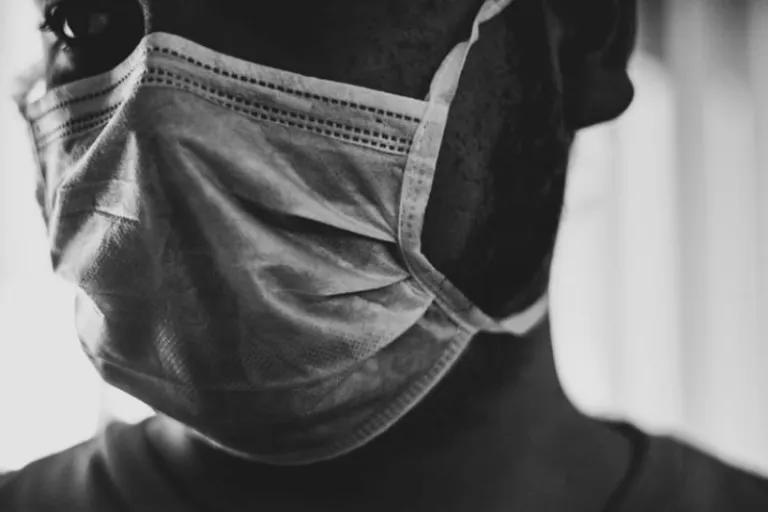
Since the COVID-19 outbreak hit the news, discrimination has become more rampant. First, there was discrimination against the Chinese. Next, there was discrimination against people in the medical field. In other parts of the Philippines, nurses and doctors have been isolated and rejected because of the fear of the virus. Be more sensitive; don’t discriminate.
4. Support heroes
Not all heroes wear capes. Some wear white coats; others are in civilian attire. Medical frontliners, healthcare workers, government officials, food and beverage employees, delivery service workers, media personnel, and many other Filipinos are risking their lives to serve and save us. The least we can do is to support them from home.
Tip: We have many ways to help from home. Here is a list of drives we can donate to.
5. Empathise with the marginalised
This is the time that we empathise with the marginalised and vulnerable people at risk. Let us understand their position. Pray for them. Donate to them. Support them in every way possible.
6. Take care of yourself
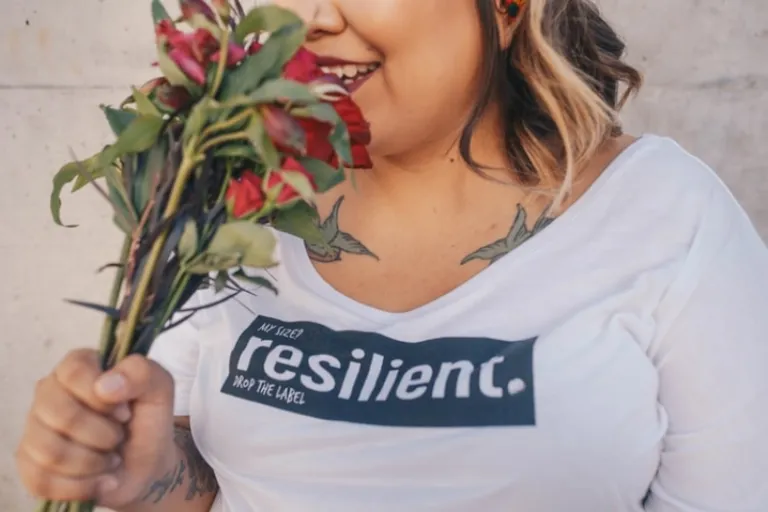
Don’t forget to take care of yourself! Read a book. Do a workout. Watch a movie. Read travel articles. Keep your mental health in check. Go on a social media detox if you have to. Call your loved ones. If you have to seek counselling services, there are also online mental health psychiatrists, psychologists, and counsellors available at your service.
Remember that we are all in this together. Sending virtual hugs for everyone! Kaya natin ‘to.
Published at
About Author
Danielle Uy
Subscribe our Newsletter
Get our weekly tips and travel news!
Recommended Articles
10 Best Banawe Restaurants for a Mouthwatering Food Trip in QC 10 Commandments for Responsible Travel Flexing Spread the good word!
10 Long Weekends in the Philippines in 2023 Book those flights ASAP.
10 Tips for Planning Out-of-Town Trips During Typhoon Season Stay safe and travel well during the rainy season.
12 Most Colourful Natural Attractions Around The World! It’s time to cross over the rainbow!
Latest Articles
Mother’s Wonderland: Quezon Province’s Fantasy Theme Park Explore a magical theme park in Tayabas filled with nature, art, and fantasy
Kayangan Lake in Coron, Palawan: Everything You Need to Know Dive into the crystal-clear magic of Kayangan Lake, the crown jewel of Coron, Palawan!
Dingalan Travel Guide: Nature Spots to Discover Now Underrated coastal gem in Aurora
What to Eat in Bicol: Iconic Dishes and Treats, and Unique Pasalubong You’ll Love Spice up your foodie adventure with iconic Bicol dishes and must-try pasalubong!
Top Travel Trends in the Philippines for 2025 New spots, tips, and trends

